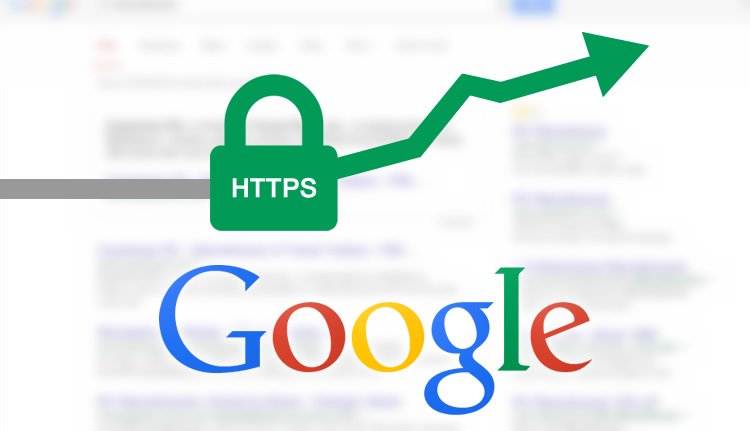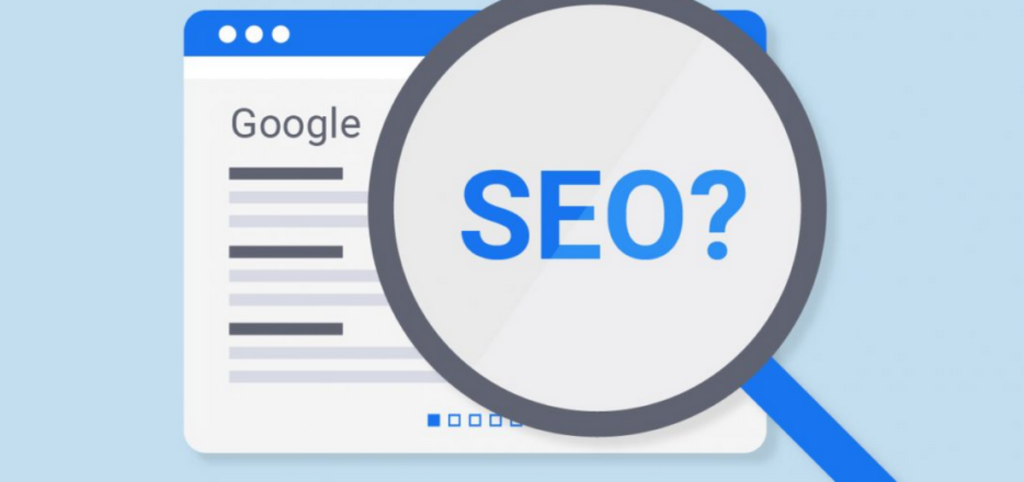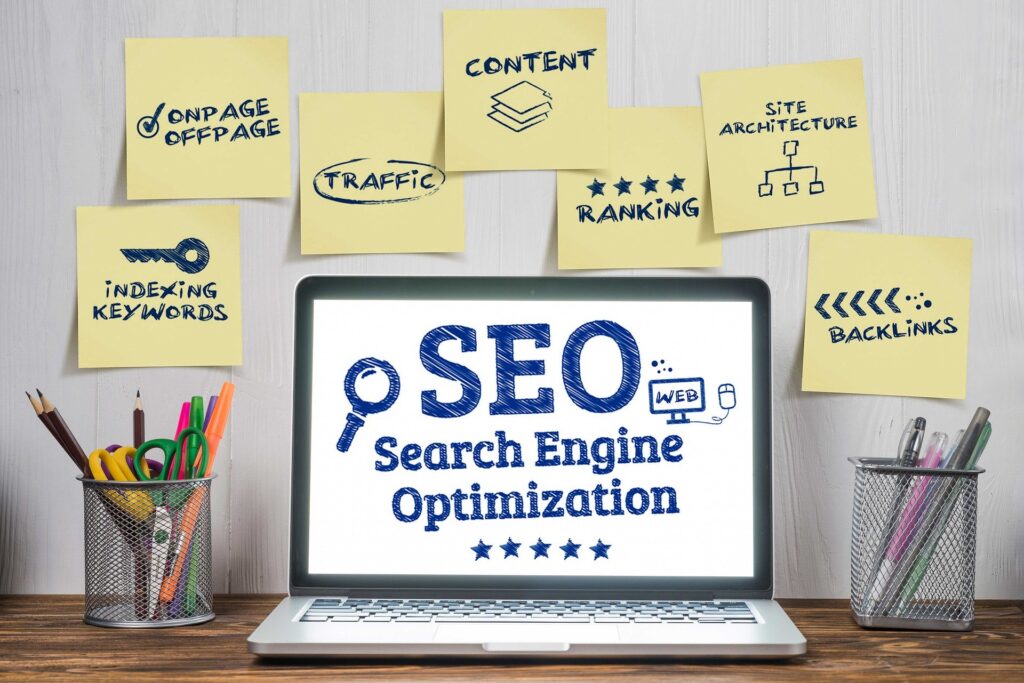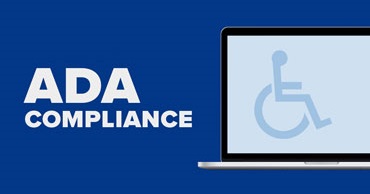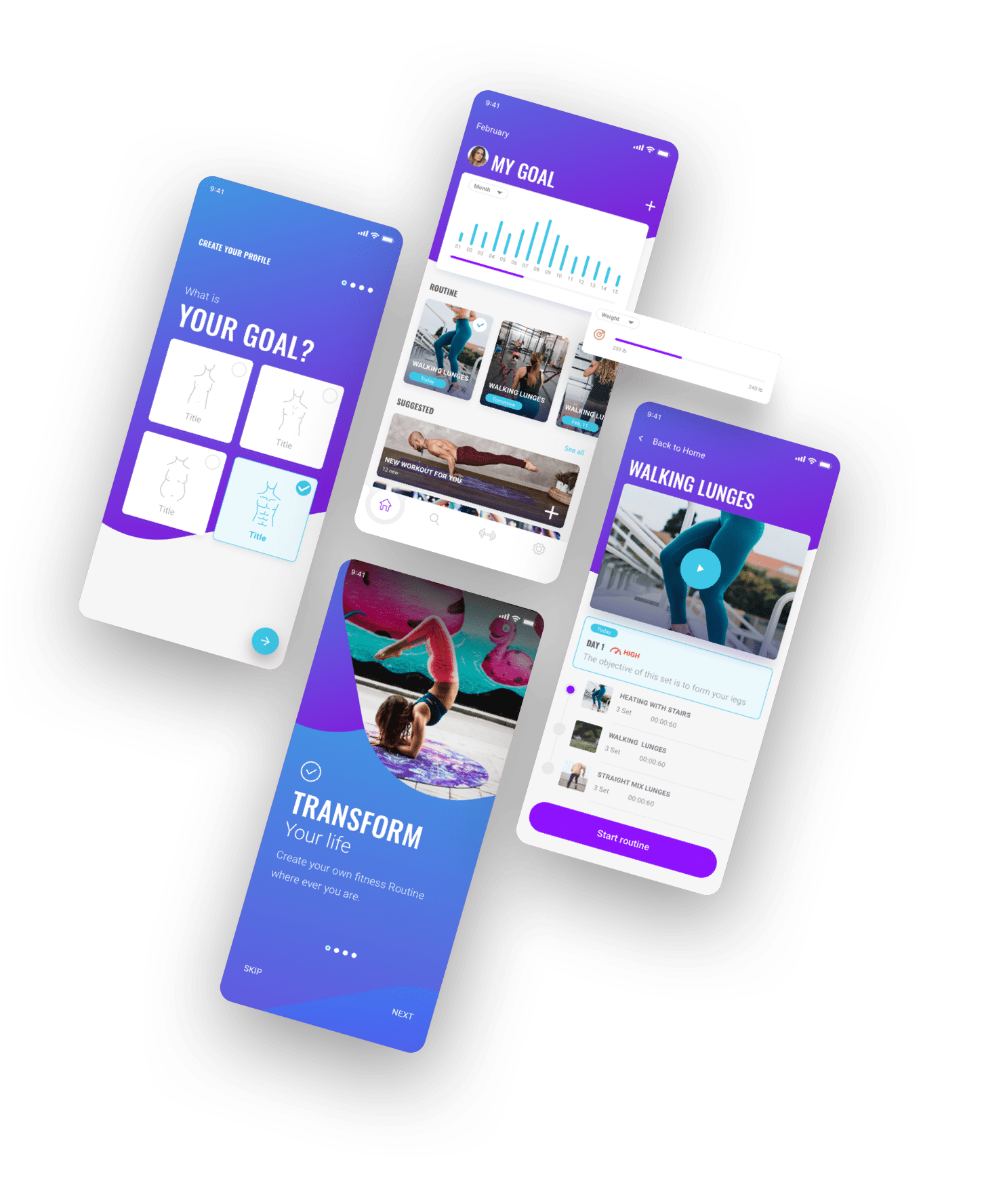If you’re running a business website, it’s important to make sure that your site is as high up in search engine results as possible. That’s where SEO comes in – by optimizing your site and content for search engines, you can improve your ranking and bring more traffic to your site.
While there are many different aspects of SEO, here are three reasons why ensuring good SEO is crucial for your website.
Why SEO is Important?
In today’s saturated online market, it’s not enough to have a website – you need those visitors to take the action that you want them to. If you don’t have SEO as part of your strategy, you may be missing out on opportunities for qualified leads and sales conversions.
SEO – or search engine optimization: SEO is the process of improving the visibility of an active website or web page in search engines. This visibility is judged by what the search engine’s algorithms determine to be relevant to users searching for information related to content on the active website or web page.
SEO is crucial for your website because it can help you attract visitors who are interested in what you have to offer, which means more sales conversions and increased revenue.
How SEO can help your website rank higher in search results?
Search engines use algorithms to determine which websites should appear at the top of search results for specific keywords. SEO is the process that helps your website rank higher in search engine results because it targets how well your website performs when certain keywords are entered.
In other words, SEO helps your website rank higher in search engine results. This means that traffic to your site will improve, which can be beneficial for sales conversions and revenue.
Tips for optimizing your website content for SEO:
There are many different strategies you can follow to help optimize your content for SEO. Here are three basic tips to get you started:
Title tags: Your title tag is the text that appears in search engine results, so it’s important to include your targeted keyword (or keywords) here. You should also try not to use more than 65 characters when you write your title tag.
Header tags: The header tags can include H1, H2, and H3. These provide a hierarchy for the content on the webpage and help search engines determine what each page is about. Make sure that you use your targeted keywords in these tags as well.
Internal linking: Internal linking refers to how other pages on your site link to each other. This can be done through footer links, navigation menus, and related posts. This helps search engines understand the website structure and content – and also helps users see where they’ll go if they click a link.
Relevant Content: Relevant content is simply more engaging and relevant for users. The more actionable your content is, the more likely it will be to get shared and help you rank higher in search engine results.
This is all about SEO and its role in your website. Keep in mind that the best SEO strategies are different for every website, so it’s important to tailor your content and site structure towards your target audience.

